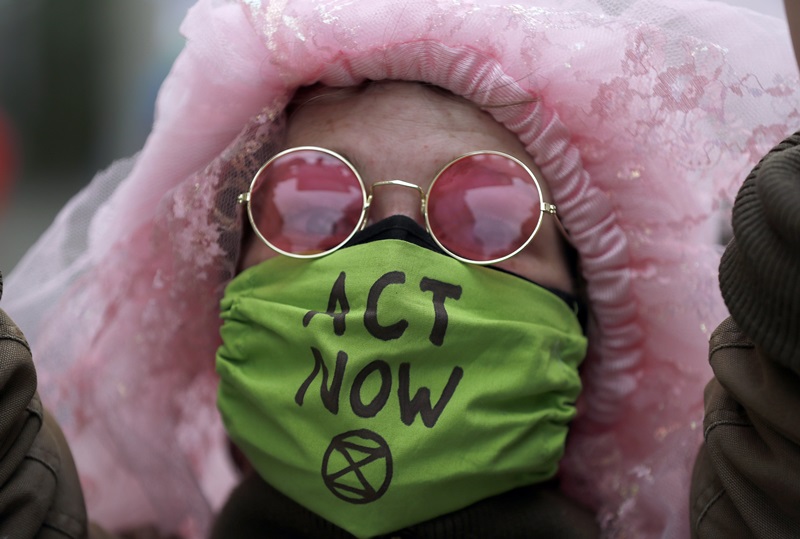The Energy Council of South Africa welcomes the Climate Change Bill which was approved by the National Council of Provinces (NCP) this week.
It is an important tool to define, manage, monitor and implement South Africa’s response to climate change challenges.
This bill (B9B-2022) is a critical piece of legislation to achieve the development of an effective response to climate change and a long-term transition to a low-carbon and climate-resilient economy and society for South Africa.
The Climate Change Bill is in line with the council’s strategic objective of a stakeholder-aligned national energy transition, which achieves South Africa’s targets for the removal of carbon dioxide gas, while maintaining power security and affordable access to it for all South Africans.
The bill recognizes that South Africa has an essential role in the international effort to reduce greenhouse gas emissions and that Southern Africa is particularly vulnerable to the impact of climate change, which requires urgent and appropriate adaptation responses.
James Mackay, chief executive of the Energy Council, says it is critical that everyone recognizes the existential crisis of humanity’s only home – planet earth.
“Modern economic activity has clearly exceeded many of the planetary boundary conditions. It is our collective responsibility to tackle this urgently.”
Mackay says the bill supports the constitutional right to an environment that is not harmful to the health and well-being of the people, and to protect the environment for the benefit of present and future generations, through reasonable legislative and other measures that ensure ecologically sustainable development and the use of natural resources, while promoting justifiable economic and social development.
The bill also recognizes that South Africa has international obligations to communicate and implement effective nationally determined response, mitigation and adaptation strategies for climate change, which represent the country’s equitable contribution to the global climate change response.
Mackay says the council calls on all stakeholders in the energy sector to work together to support the fair energy transition.
The transition process plays a core role in the presidential climate commission’s work to ensure that the lives and communities connected to high-emission energy industries (such as coal) are not left behind in the transition to a greener economy.
The energy transition must be fair and seen as fair.








